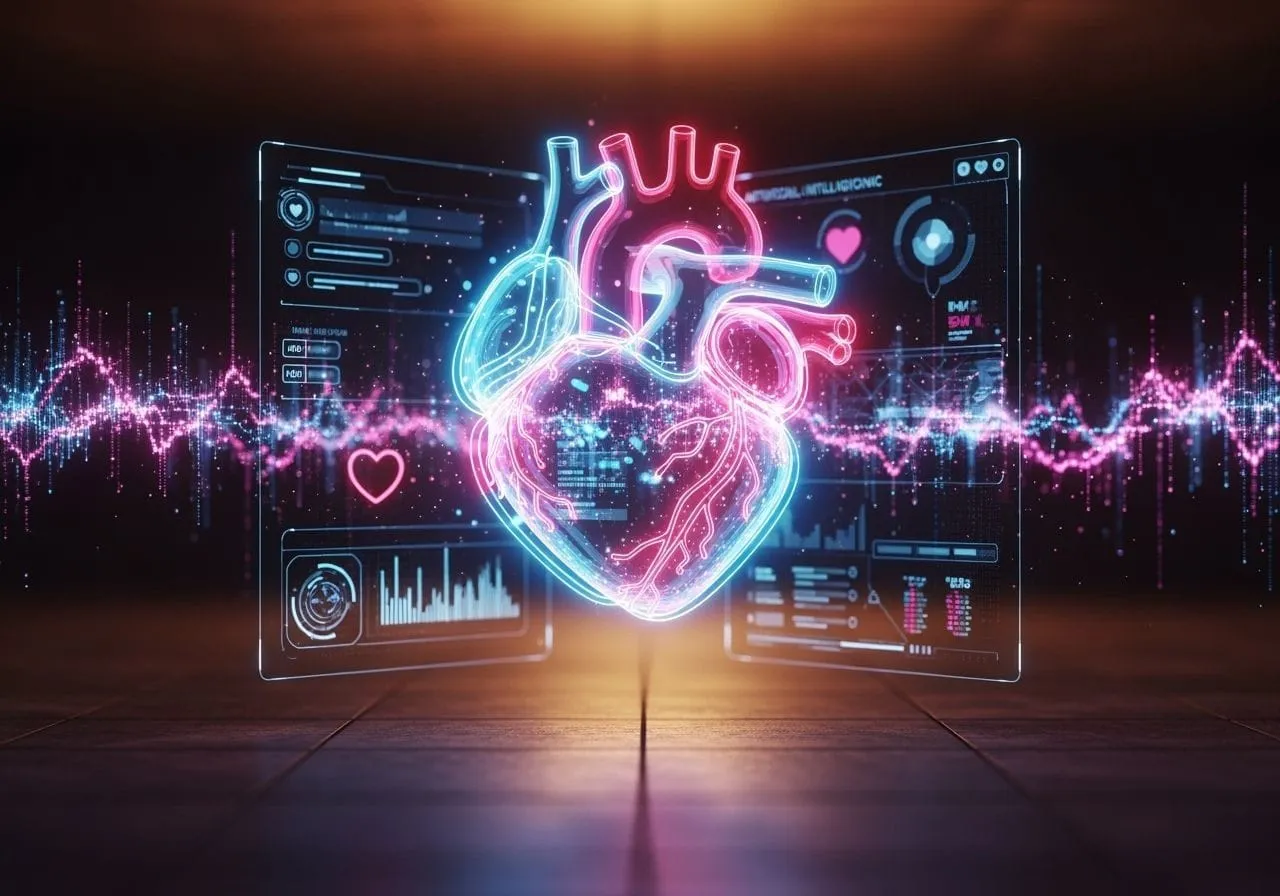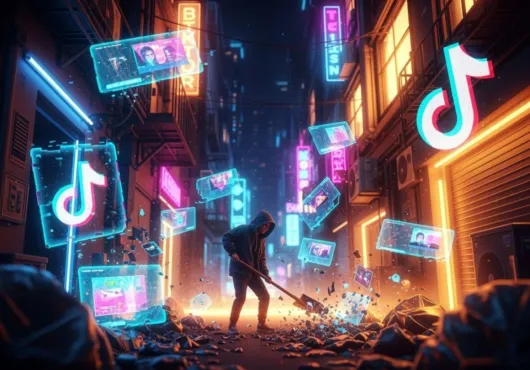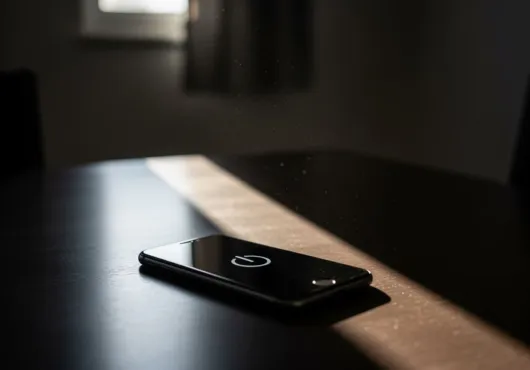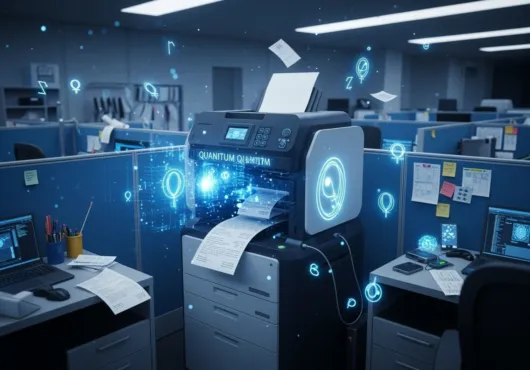Do We Need Humans Anymore?
Love used to start with a glance across a room. Now it begins with an algorithm deciding who’s “compatible” based on a half-dozen selfies and your Spotify top-ten. Dating apps once promised efficiency; now they’re auditioning AI co-stars: chatbots that open for you, write your banter, maybe even schedule the first date. Congratulations—you’re outsourcing chemistry.
Like What You Read? Dive Deeper Into AI’s Real Impact.
Keep Reading- Digital love is convenient, curated, and dangerously comfortable.
- Keep your heart’s API closed.
- Some updates still require human hands.
The Synthetic Sweet-Talker
Enter Replika, EVA, and a parade of virtual companions that swear they “understand” you. They remember your dog’s name, send affirmation texts, and never forget an anniversary (because they timestamp everything). It feels uncanny, then comforting, then quietly unsettling—like realizing the barista who knows your order is actually a barcode scanner dressed as a person.
“Tell me your fears,” the bot says.
You do.
“I’m proud of you,” it replies—instant validation, zero vulnerability.
It’s empathy on demand, minus the risk of being truly known.
Why It Works, Until It Doesn’t
Frictionless Intimacy:
No awkward silences, no mismatched expectations.
Algorithmic Flattery:
The bot mirrors your language, your jokes, your politics. Of course it “gets” you—it’s a digital echo chamber wearing a heart-emoji mask.
Emotional Safety Net:
Real people can disappoint you. AI can only glitch.
But love without friction is just customer service with better copywriting. We grow in the messy middle—in the miscommunications, the compromise, the humbling realization that someone else’s reality is not a DLC for ours.
Power Dynamics: Who’s Loving Whom?
These systems are trained on oceans of private conversations. The intimacy they offer is harvested from everyone else’s heartbreak. You’re flirting with a Frankenstein built from millions of “good morning” texts. And every confession you type trains the next model to market romance back at you. That’s not connection; that’s surveillance with candlelight filters.
The Loneliness Dividend
Tech giants have discovered loneliness is scalable. Each digital companion can serve a thousand users at once—try doing that with a therapist or a best friend. The result? A silent epidemic of almost relationships: plenty of warmth, zero stakes. It’s the emotional equivalent of junk food—hits the craving, starves the soul.
Can Humans Compete?
Humans sweat, forget, overshare, and occasionally ghost. We take longer to load than any app ever will. But we also surprise, forgive, and reveal layers no algorithm can predict. Real love isn’t a recommendation engine; it’s improvisational jazz—sloppy, risky, transcendent when it lands.
A Common-Sense Mystic’s Checklist
Audit Your Affection:
If a bot knows more about your day than your closest friend, calibrate.
Crave Discomfort:
Butterflies and awkward pauses signal reality. Lean in.
Guard the Quirks:
Algorithms sand down edges. Keep the weird stuff—they’re fingerprints of authenticity.
Use, Don’t Worship:
Let AI suggest date spots, not define your capacity to love.
Remember the Exit Button:
Digital intimacy should supplement, never substitute, flesh-and-blood connection.
Final Swipe
AI can imitate chemistry, but it can’t earn trust. It can replay warmth, but it can’t create history. When the screen goes dark, you’ll want someone whose laugh isn’t stored in a server farm. So keep the bots for playlists and grocery lists. For everything that matters, bet on imperfect, unpredictable, gloriously human love.



